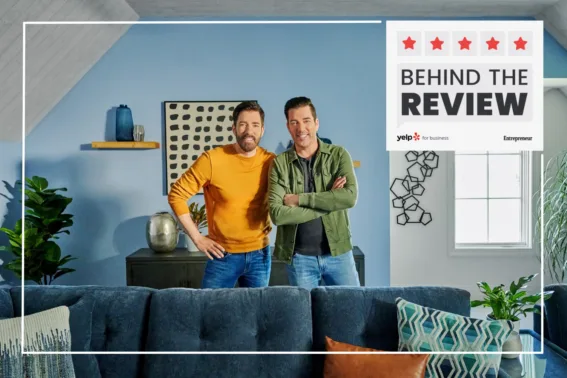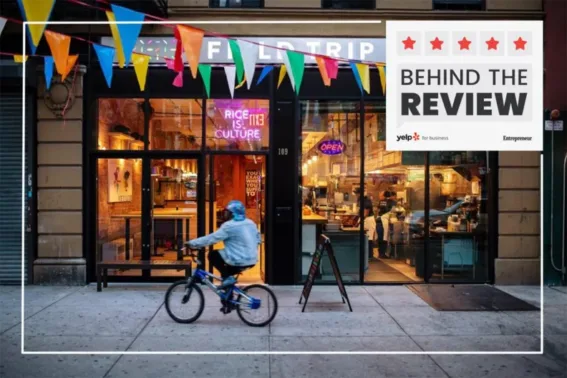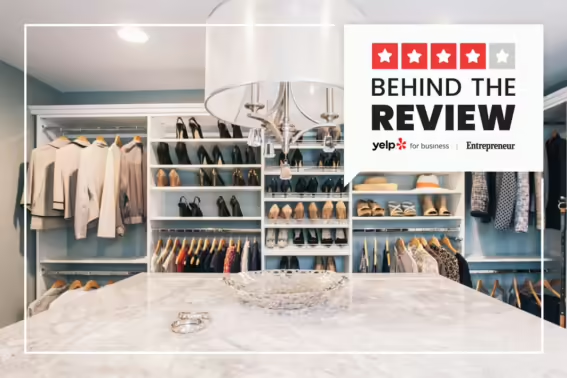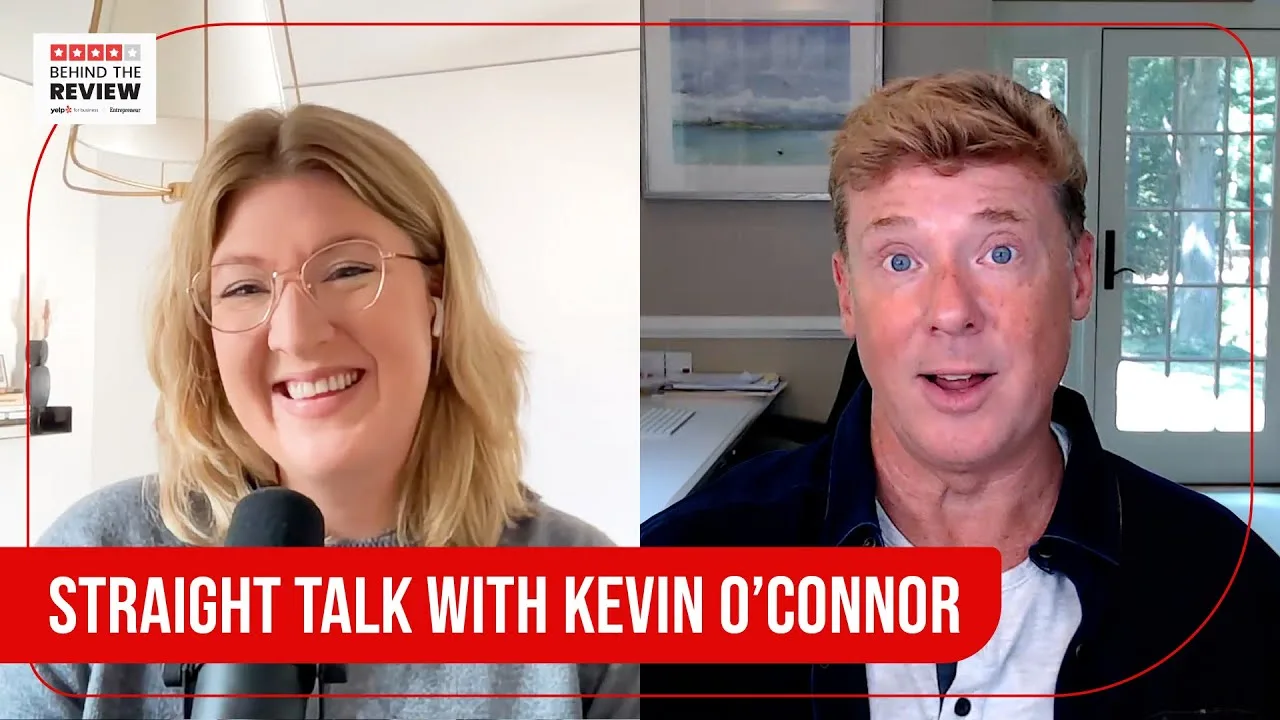Featured episodes
Authenticity and innovation: The Property Brothers’ secret to success
Listen now on:
Chef JJ on leading a rice renaissance in Harlem
Listen now on:
A combination of communication and organization
Listen now on:
You might also be interested in
Did you know you can also watch the show on YouTube?
Watch our episode with “This Old House” host Kevin O’Connor below, and explore the full Behind the Review playlist.




